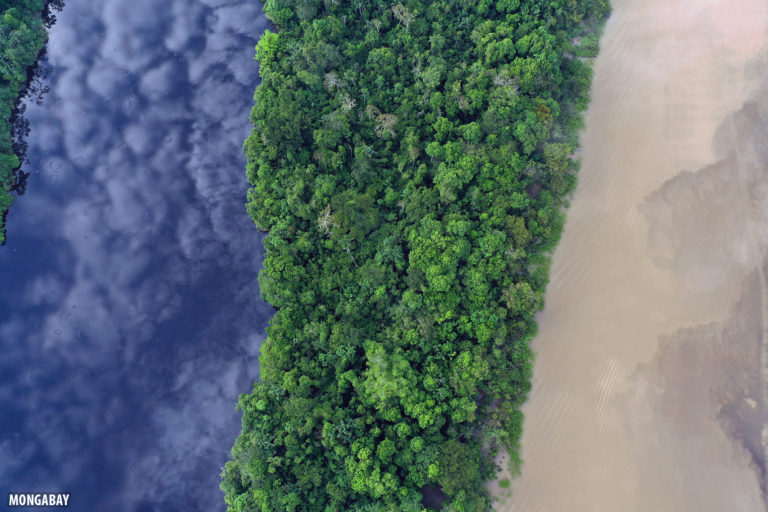Despite the COVID-19 pandemic, 2020 has been the year of the climate commitment, with a number of companies and governments announcing plans to reduce carbon emissions by a specified level at some point in the future. One of the boldest commitments to date has come from the tech giant Microsoft, which in January pledged to be carbon negative by 2030.
But Microsoft didn’t stop there, the company also said it would “remove from the environment all the carbon the company has emitted either directly or by electrical consumption since it was founded in 1975” by 2050. In other words, Microsoft plans to zero out all of its historical carbon emissions.

Building on this carbon target, this year Microsoft further announced it will replenish more water than it consumes and produce zero net waste by 2030, while protecting more land than it uses by 2025. The company also said it would lend its computing power toward efforts to combat biodiversity loss and use its voice to advocate for public policies that “measure and manage ecosystems”.
Heading up these ambitious sustainability initiatives is Microsoft’s chief environmental officer Lucas Joppa.
Joppa, who earned a Ph.D. in Ecology from Duke University and did two years of service in the Peace Corps in Malawi, got his start at Microsoft at the company’s research lab in the U.K., where he applied computer science to ecological questions. While there he proposed the AI for Earth program, which has since provided tens of millions of dollars in grants and technology to organizations and researchers working on environmental challenges. AI for Earth-supported projects have ranged from applying machine learning to recognize animal species to distilling satellite imagery into actionable information for conservationists.
In mid-2018 Joppa was enlisted as Microsoft’s Chief Environmental Officer, where he’s responsible for its sustainability vision, strategy, and program execution. In that capacity, he’s served as the architect for the programs Microsoft rolled out this year.
Joppa spoke about his journey, Microsoft’s sustainability programs and ambitions, and the challenges and opportunities in addressing environmental challenges during a December 2020 interview with Mongabay.
